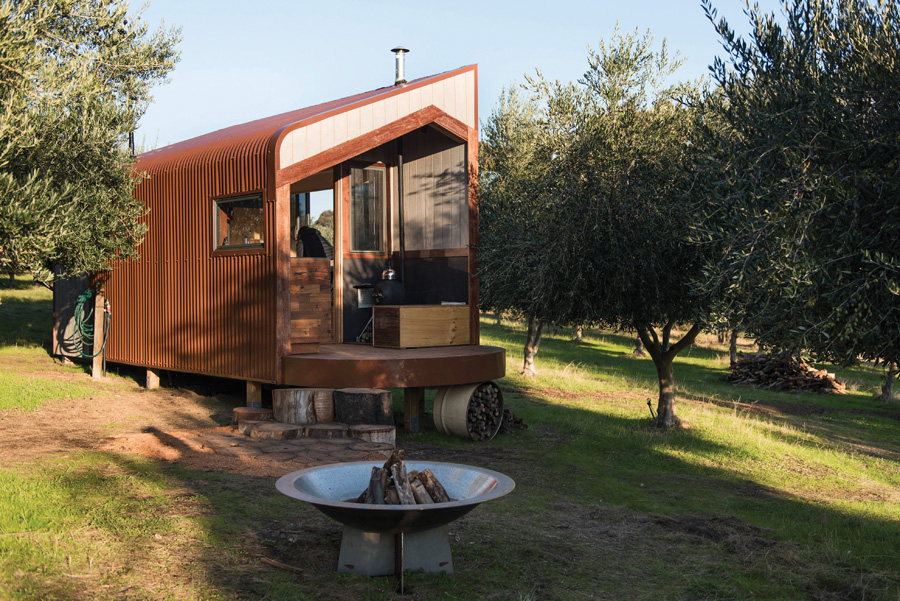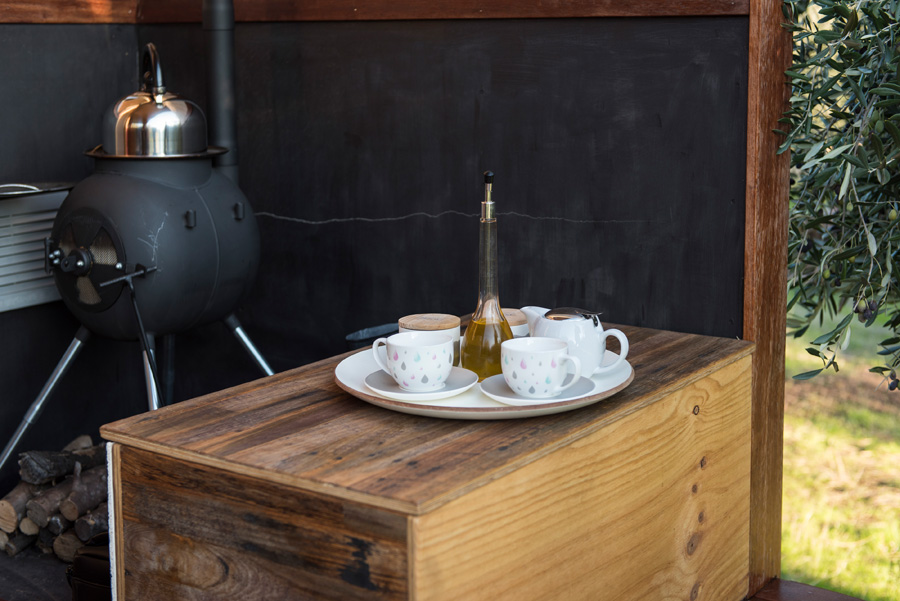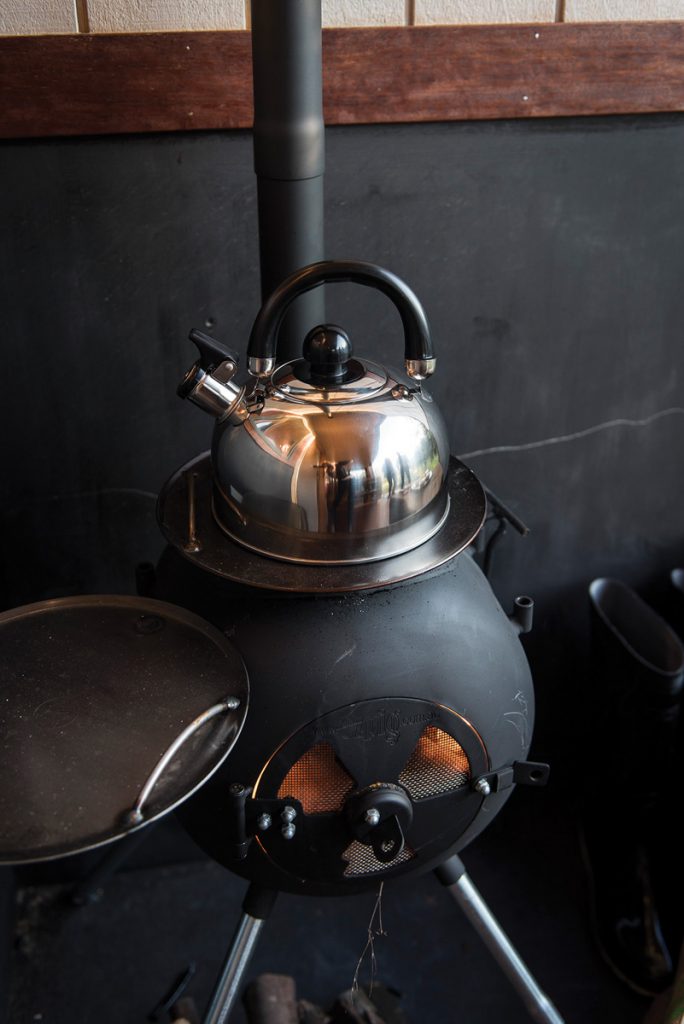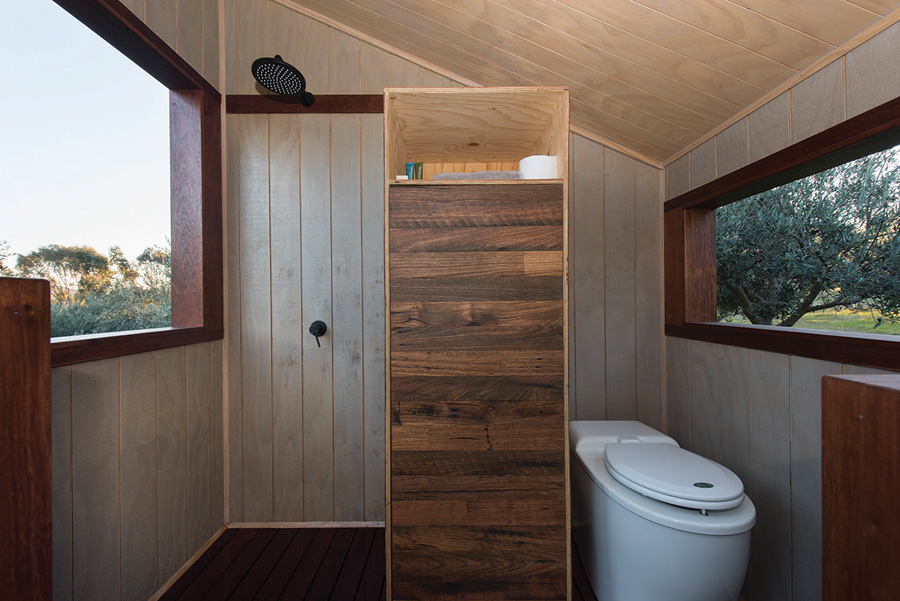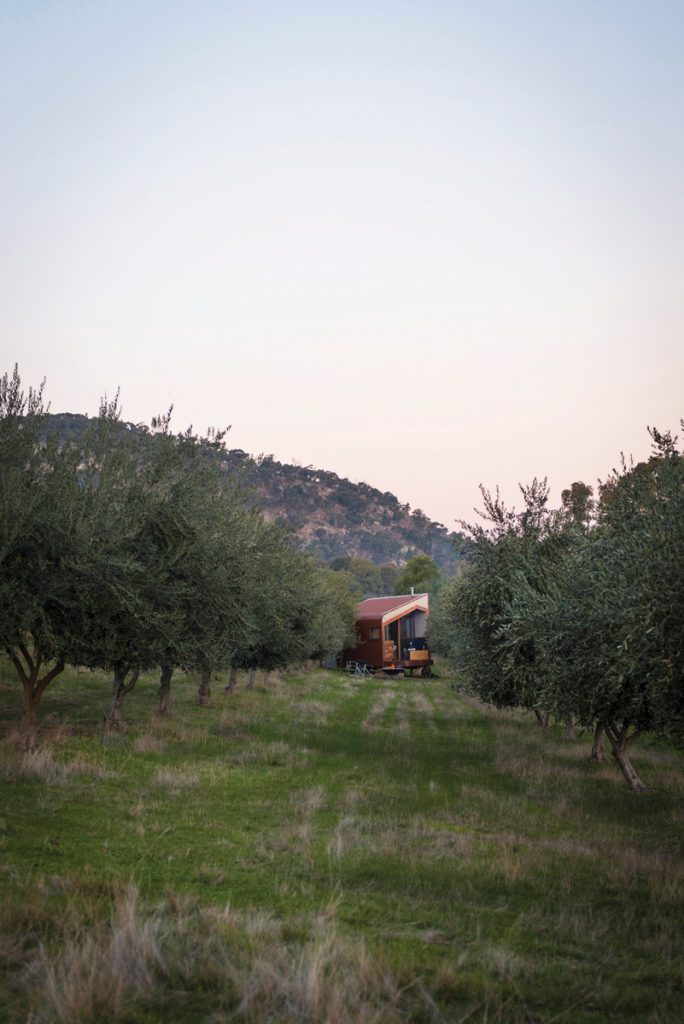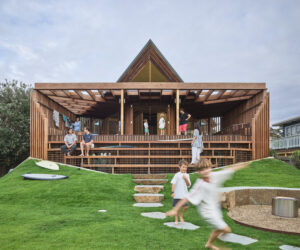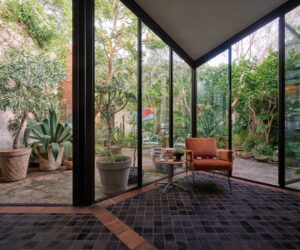Off Grid
Shacky finds a way to use the tiny house phenomenon to help out farmers and give “city people” a taste of the country.
Nicking off for a couple of days, off the grid, with no phone reception, a tiny house in a secret location far far away – somewhere beautiful in nature, and at the same time helping farmers earn a bit of extra cash.
Melbourne University social entrepreneur, Joep Pennartz, found it fairly simple: to get his idea off the ground, raise enough money using crowdfunding. After a beaut holiday with his girlfriend in Warburton, Victoria, the tiny little shack they stayed in seemed like a perfect solution to a couple of things on his mind. The first was recognising the struggle for Australian farmers to make enough cash and the second was a passion for the concept of “living small” – with less clutter and distraction. His concept addressed both. A pre-built tiny house or “Shacky”, which could be transported to a working farm and used as holiday accommodation for “city people” to get a taste of a simpler life while the rent helped the host farmer.
The first Shacky was built on the back of a trailer by specialist tiny house builder Rob Scott and placed on a hill next to a huge tree on Tarndie Farm, owned by sixth generation farmer and woolgrower, Tom Dennis, in Victoria’s Otway Ranges. The Shacky was super insulated with a mind to keep it cool in summer and warm in winter, but solar power and a pot belly stove helped keep the one-room house warm and lit (and generated enough power for an electric kettle). They had lots of people who came and stayed.
When Joep decided to move back home to The Netherlands, he started to wind down the bustling business. Andrew Hubbard jumped at the chance and bought it. “I had fallen in love [with Shacky],” he says. “It wasn’t a hard decision.” The idea of switching off for a couple of days – being forced to – was a perfect counter for Andrew’s super busy corporate life.
He has thrown himself into the business. The company hired MvS Architects to design a new Shacky. The upgraded version is designed to be fully self-sufficient, in keeping with the initial concept. Pre-built in Melbourne, it is fully transportable and uses all local materials. The new model is still very tiny, and solar-powered, but includes a shower and a toilet. A pot belly stove can be used for heating and cooking, and there is an option to have the fridge stocked with cookable meals using local produce.
The first Shacky (there are four more on the way) has been placed onsite in Victoria’s High Country in the middle of an olive grove on a farm. One of our favourite things about booking a holiday with Shacky is that the precise location of the farm isn’t disclosed until you have booked; even then you won’t know until seven days prior to your visit. They’ll give you a pretty good idea of where it is (closest town, etc.) but not the actual address – we LOVE that. The other great thing about it is that your hosts (the farmers) are out of sight. They will hand you the keys and show you the place, but then they will make themselves scarce. That is unless you want them to show you around the farm or help to pick stuff – some farms will offer that as well.
Talking to Andrew about Shacky makes it hard to be anything less than enthusiastic about his new venture. “I basically nick off whenever it’s not booked. I get to wake up in a lovely cosy place, drink cups of tea I make from a kettle on a pot belly surrounded by olive trees and natural light – all in the name of work!” He tells me. “The best thing is that I have to go and research properties too! I have to go and have a look around Byron Bay soon.” Poor thing!

